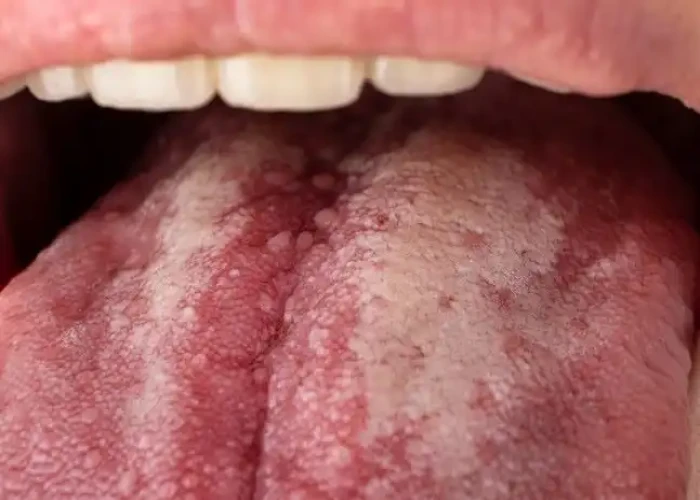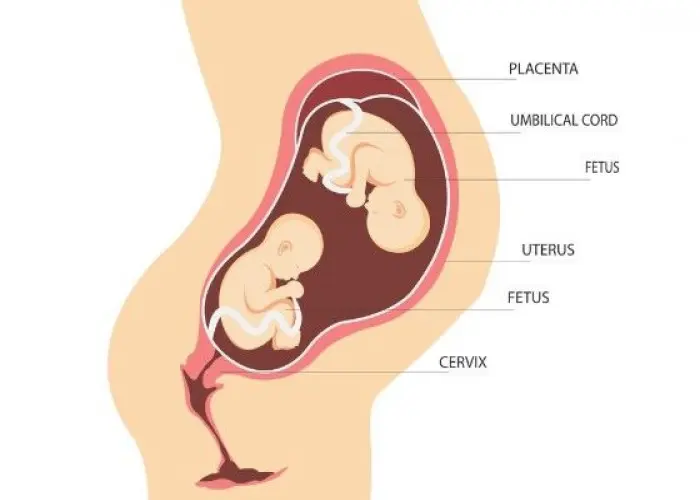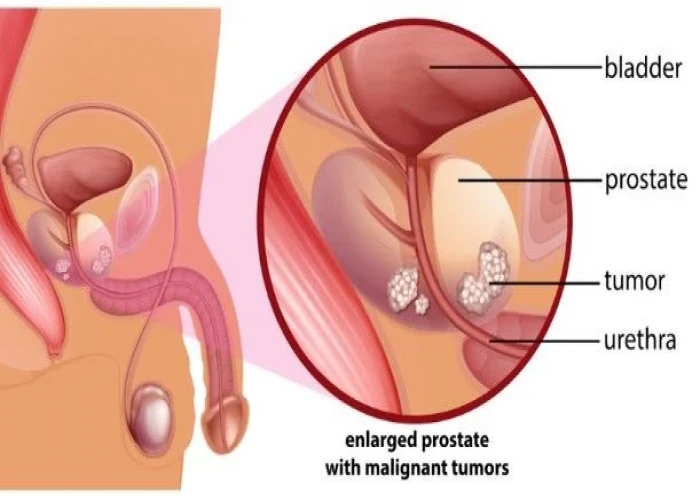 Welcome
Welcome
“May all be happy, may all be healed, may all be at peace and may no one ever suffer."
Sinus headaches

Sinus headaches are headaches that are caused by inflammation or congestion in the sinuses. The sinuses are air-filled cavities in the skull that are located behind the forehead, nose, and cheeks. When the sinuses become inflamed or congested, they can cause pain and pressure in the head and face.
The symptoms of a sinus headache may include:
- Pain and pressure in the forehead, nose, cheeks, and/or around the eyes
- Nasal congestion and/or discharge
- Pain that worsens with sudden head movements
- Toothache or pain in the upper jaw
- Fatigue
- Sore throat
- Cough
- Fever
Sinus headaches can be caused by a variety of factors, including allergies, infections, and anatomical abnormalities in the sinuses. Treatment for sinus headaches may include over-the-counter or prescription medications to relieve pain and congestion, nasal sprays, and antibiotics in the case of a bacterial infection.
To prevent sinus headaches, it is important to avoid triggers such as allergens, tobacco smoke, and pollution. Staying hydrated and using a humidifier can also help to keep the sinuses moist and reduce the risk of inflammation and congestion.
Research Papers
Disease Signs and Symptoms
- Fatigue (Tiredness)
- Toothache
- Headaches
- Recurrent sinusitis
Disease Causes
Sinus headaches
Sinus headaches are usually associated with migraines or other forms of headaches.
Sinus headaches are associated with pain and pressure in the face and sinuses and can cause nasal symptoms. Most of these headaches are not caused by sinus infections and should not be treated with antibiotics.
Disease Prevents
Sinus headaches
Whether or not you take preventive medications, you may benefit from lifestyle changes that can help reduce the number and severity of headaches. One or more of these suggestions may be helpful for you:
- Avoid triggers. If certain foods or odors seem to have triggered your headaches in the past, avoid them. Your doctor may recommend you reduce your caffeine and alcohol intake and avoid tobacco.
- In general, establish a daily routine with regular sleep patterns and regular meals. In addition, try to control stress.
- Exercise regularly. Regular aerobic exercise reduces tension and can help prevent headaches. If your doctor agrees, choose any aerobic exercise you enjoy, including walking, swimming and cycling.
- Warm up slowly, however, because sudden, intense exercise can cause headaches.
- Obesity is also thought to be a factor in headaches, and regular exercise can help you maintain a healthy weight or lose weight.
- Reduce the effects of estrogen. If you're a woman who has headaches and estrogen seems to trigger or make your headaches worse, you may want to avoid or reduce the medications you take that contain estrogen.
- These medications include birth control pills and hormone replacement therapy. Talk with your doctor about the appropriate alternatives or dosages for you.
Disease Treatments
Most people who assume they have sinusitis actually have migraines or tension-type headaches.
Migraines and chronic or recurrent headaches may be treated with prescription medication that is either taken every day to reduce or prevent headaches or taken at the onset of a headache to prevent it from getting worse.
To treat these types of headaches, your doctor may recommend:
- Over-the-counter pain relievers. Migraines and other types of headaches may be treated with over-the-counter medications, such as acetaminophen (Tylenol, others), naproxen sodium (Aleve) and ibuprofen (Advil, Motrin IB).
- Triptans. Many people with migraine attacks use triptans to relieve pain. Triptans work by promoting constriction of blood vessels and blocking pain pathways in the brain.
- Medications include sumatriptan (Imitrex, Tosymra, others), rizatriptan (Maxalt), almotriptan, naratriptan (Amerge), zolmitriptan (Zomig), frovatriptan (Frova) and eletriptan (Relpax). Triptans are available as tablets, nasal sprays and injections.
- A single-tablet combination of sumatriptan and naproxen sodium (Treximet) has proved to be more effective in relieving migraine symptoms than either medication on its own.
- Ergots. Ergotamine and caffeine combination drugs (Migergot, Cafergot) are less effective than triptans. Ergots seem most effective in those whose pain lasts for more than 72 hours.
- Ergotamine may cause worsened nausea and vomiting related to your migraines and other side effects, and it may also lead to medication-overuse headaches.
- Dihydroergotamine (D.H.E. 45, Migranal) is an ergot derivative that is more effective and has fewer side effects than ergotamine. It's available as a nasal spray and in injection form. This medication may cause fewer side effects than ergotamine and is less likely to lead to medication-overuse headaches.
- Anti-nausea medications. Because migraines are often accompanied by nausea, with or without vomiting, medication for nausea is appropriate and is usually combined with other medications. Frequently prescribed medications are chlorpromazine, metoclopramide (Reglan) or prochlorperazine (Compazine).
- Glucocorticoids (dexamethasone). A glucocorticoid may be used in conjunction with other medications to improve pain relief. Because of the risk of steroid toxicity, glucocorticoids shouldn't be used frequently.
Disease Diagnoses
Disease Allopathic Generics
-
Paracetamol
A popular common treatment for headaches is a medication with paracetamol or aspirin.
First 2 and then 1 3 times a day.
-
Vitamin B complex
To eliminate weakness. 1 pill 2 times a day after meals.
-
Naproxen Sodium
Naproxen is a medicine that can be used to bite into the head for scalp pain.
Young age 250mg or adults 500mg 2 times a day after meals for 5/7 days.
-
Ranitidine Hydrochloride
Medicines containing ranitidine for stomach gas. 1 pill 2 times a day after meals.
Disease Ayurvedic Generics
Disease Homeopathic Generics
Disease yoga
Sinus headaches and Learn More about Diseases

Brucellosis

Erysipelas

Tongue cancer

Double uterus

Generalized anxiety disorder

Pouchitis

Hiatal hernia

Prostate cancer
sinus headaches, সাইনাস মাথাব্যথা
To be happy, beautiful, healthy, wealthy, hale and long-lived stay with DM3S.
